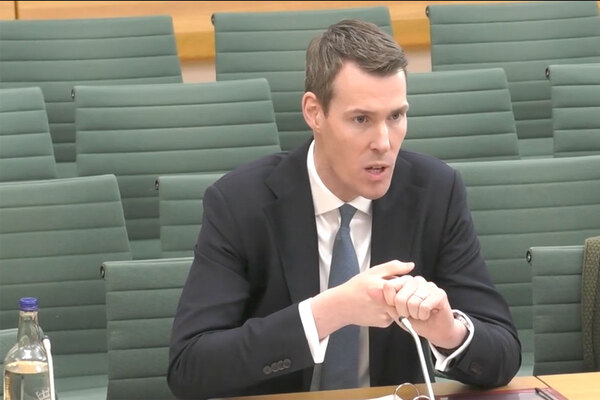Mini Budget impacted delivery as Homes England misses targets for second year in a row
Homes England has failed to hit any of its housing delivery targets for the second year in a row, after the government’s Mini Budget last year “evaporated” its contingencies.
The admission was made in the agency’s annual accounts for the 2022-23 financial year. It reported its delivery forecasts were “still tracking close to plan” in the month before the tax and spending plans were announced in the Mini Budget.
The government’s housing agency funded or supported 33,713 completions in the year, 14% short of its target of 39,008 homes, and down on last year’s 37,632.
Starts were down 30%, at 37,175, against a target of 52,967.
Its annual accounts show that, in August 2022, completions and starts were 3% and 7% behind forecast, respectively. In September, when the Mini Budget was announced, those figures jumped to 15% and 19%.
The agency, which delivers the £11.5bn Affordable Homes Programme, explained in its accounts that “there were some early indications of a slowdown, especially in starts”, in August, due to the impact of abnormal inflation and labour availability.
In the first half of 2022-23, it said site viability had started to “fundamentally bite across segments of the housing market”.
It added: “Year-to-date delivery and full-year forecasts were still tracking close to plan to August, with most delivery measures within a 5% tolerance of central targets.”
However, the agency’s accounts go on to state: “It was the economic volatility around September that saw performance diverge from central targets. The remaining contingency evaporated, and forecasts for all performance indicators shifted downwards sharply. The extent of the drop could not have been foreseen.
“The changing conditions profoundly impacted the housing development cycle – with increasing material, labour and borrowing costs reducing the capacity of the sector to build new homes, whilst also reducing consumer purchasing power. These shifts in the economic landscape had a profound impact on sentiment in the housing sector.”
Chancellor Jeremy Hunt would go on to scrap almost all of the tax measures that his predecessor, Kwasi Kwarteng, announced during his Mini Budget.
Mr Hunt took over the role stating his intent to provide stability and confidence in the government’s commitment to fiscal discipline, after the measures announced in the Mini Budget had spooked gilt markets.
The measures led to S&P, the rating agency, lowering the whole of the UK’s credit outlook from ‘stable’ to ‘negative’.
Homes England described the impact of the worsening economic situation on the delivery shortfall as “starkly apparent”.
Its delivery performance review cited “compounding issues for affordable housing, where providers were constrained by the rent cap consultation and the duty of care required in response to the cost of living crisis”.
Elsewhere, delays in launching the Levelling Up Home Building Fund and project-specific contracting, planning and stakeholder challenges also contributed to the delivery shortfall.
The agency’s annual accounts go on to explain “associations reported increasingly difficult relations with contractors, with firms requesting fluctuation clauses, renegotiation of fixed-price contracts and, in some instances, withdrawing from negotiations totally”.
Homes England said this completely “eroded the contingency built into the plans for the agency’s affordable housing programme”.
It added: “Due to the short-term nature of development plans, reliance on smaller subcontractors and fixed funding formula, the sector was acutely sensitive to the economic turmoil, and the doubling of borrowing costs, that followed the events of September.
“As conditions deteriorated, the government was also undertaking a consultation on rent increases, which brought further uncertainty to the sector.”
It was the combination of these factors that created what the agency described as “a perfect storm”.
This storm engulfed the development plans of providers, causing many to pause or re-evaluate plans, and some landlords to refocus on core activities. Ultimately, development appetite was reduced by up to 30%.
Sign up for our development and finance newsletter
Already have an account? Click here to manage your newsletters












